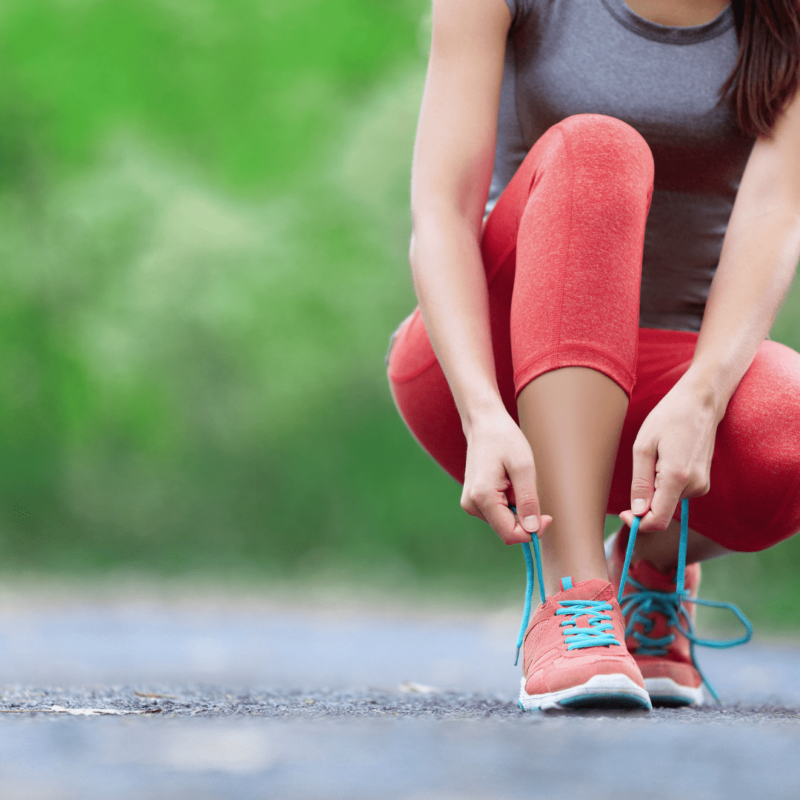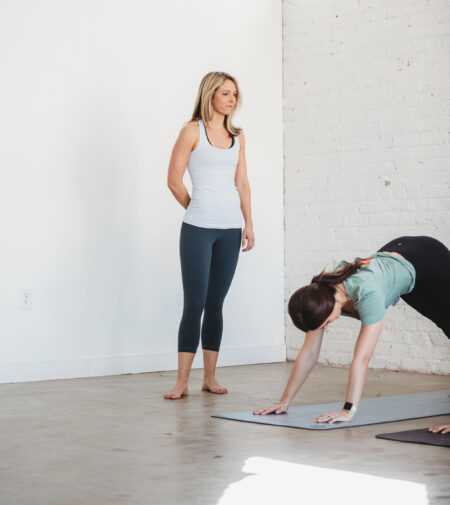As a pre-teen and teenager, I was a competitive swimmer, with nearly-daily practices often running until 8 p.m. or later. By the time I got home ( an hour away some days), finished any homework, and tried to get to sleep, I’d find it impossible. My adrenaline, at least I assumed as much, was still running so high that I’d lay in bed for hours unable to get tired enough to get some sleep. Eventually the anxiety at being unable to sleep would kick in, and I’d be kept up by that as well. Eventually, after I stopped swimming competitively, my sleep improved, and I wondered if this correlation was accurate – if I was really unable to exercise before sleeping. And if this was the case for me, was it happening to other people too?
Still plagued by these questions, I consulted some health experts to get to the bottom of whether exercise before bed is good for the body, bad for sleep, or perhaps a mix of both.
The Basics
At its essence, vigorous exercise causes a few reactions in your body, several of which are oppositional to good sleep. While these things are healthy for you in other ways, they aren’t aligned with the factors your body needs to be at rest and get good, restful sleep. According to Naveen Sharma, a naturopathy expert, some of the biggest factors at play are that “vigorous exercise stimulates the nervous system and increases heart rate.” When you fall asleep, your heart rate is lowered and your sympathetic nervous system has the chance to relax. These two factors alone contradict, and make it inadvisable to do intense or vigorous exercise before sleeping.
What to Do:
There are some forms of movement and healthy exercise that experts do recommend toward the end of your day, however. You just have to be choosing the right ones; to calm your body’s systems rather than activating them.
Dr. Chris Jepsen, a San Diego-based chiropractor, recommends that “the best thing [to do] before going to bed would be to hold stretches for 2 minutes on both sides to help with blood flow without increasing your heart rate.”
Naveen Sharma also recommends stretching most of all for an end of the day exercise. He says that stretching allows you time to connect to your breathing and focusing on your muscles and joints. This “brings mindfulness, which helps in promoting better sleep.” The ideal stretch for your pre-sleep routine? Child’s pose, which “helps in relieving tension in the thighs and hips and relieves pain in the neck and back. It induces a calm mind and reduces stress, therefore promoting better sleep,” according to Sharma.
Sharma also recommends a few other low-intensity options to do about one hour before heading to bed. These include yoga, stretches, pool stretches, floating, underwater joint movement, and other similar relaxed movements, which are “exercises that soothe the nervous system and help [with] reduction of stress hormones.” They also relax and actually induce better sleep. But the key here is that the movements are gentle, nothing that raises the heart rate or gets your energy levels heightened.
What Not to Do:
While there are a few good exercises to target if you want some gentle movement before bed, the crucial component is to avoid anything vigorous or strenuous, probably within about two hours of sleeping, though you may find your body is a bit different and needs even more time to wind down, or a little less. Above all, avoid high-intensity exercises, like running, lap swimming, cycling, jumping rope, or weightlifting. You’ll sleep better, and thank yourself for it in the morning.









